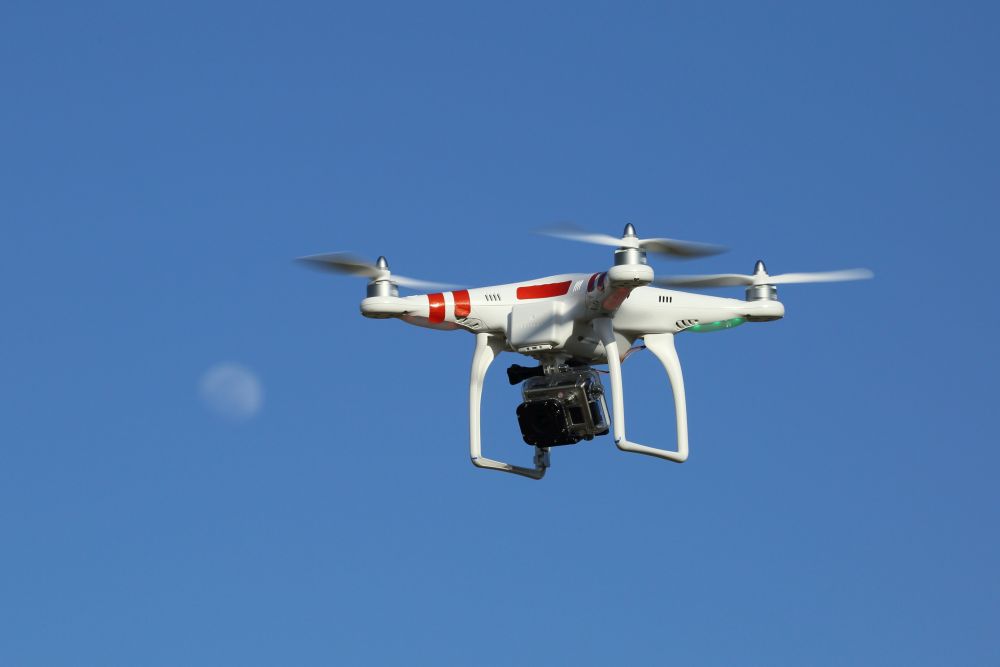Early stages of plant disease could be detected in new drones, say researchers

Drones are being developed which could detect plant diseases before any visible signs begin to show, according to researchers.
Disease can impact plant health before any signs are shown, but special cameras mounted on drones could detect stresses before the naked eye.
Researchers at Imperial College London said the drones could automatically detect early stages of disease and tell farmers when to spray before damage to the crop.
Spraying early in the right location would help farmers use fungicides effectively and targeting their use to best effect.
"Allowing farmers to identify stress before full infection occurs is particularly important as the climate changes. An unpredictable environment makes it challenging to track and forecast disease," said Chris Adams, who is taking the project for his PhD.
"Diseases reduce yields when we need them to be high, as the global population grows and we need to feed more people than ever.
"Reducing yield loss to diseases like Septoria will allow us to grow more food, more efficiently and on less land, benefiting the agricultural industry, the public and the environment."
'Challenges'
The team at Imperial are building their own drones and their own multispectral sensors, as well as developing tools to train a computer program to analyse the images and classify them based on disease progression.
The partnership came about when Adams' supervisor, Dr Oliver Windram from the Department of Life Sciences, contacted Agrii through the Grantham Institute's Science and Solutions for a Changing Planet Doctoral Training Partnership program.
Dr Windram said: "I gave them an outline of what our lab does and asked them what challenges in the crop protection industry we could apply our skillsets to.
"I wanted to trial this work in field systems, the kind of situation in which Agrii have the skills and expertise, to better understand how complex field environments might affect the outcome.
"Working together will accelerate our research but also provide a solution that Agrii could translate for the farming community and deploy rapidly."








